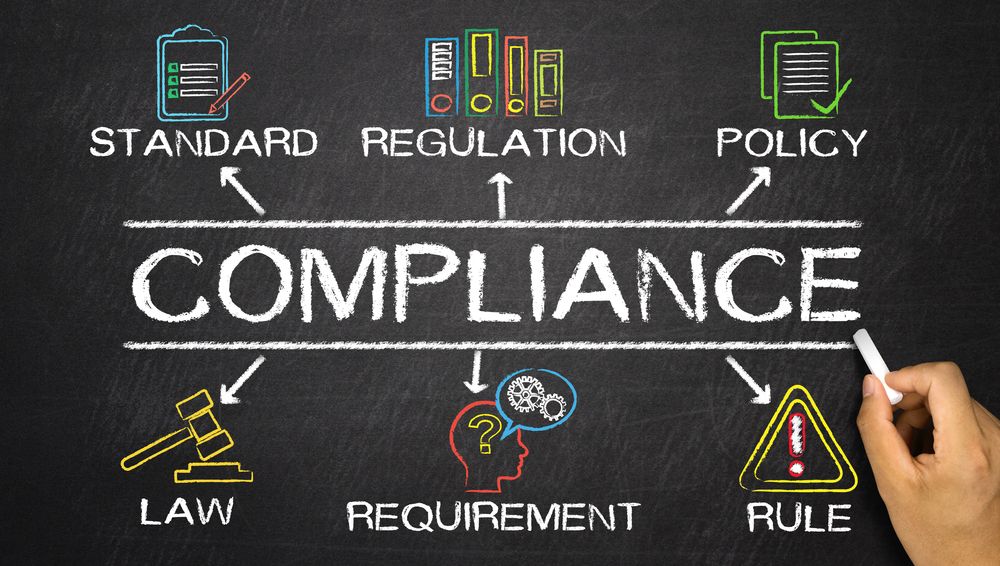Starting an e-commerce business in Nigeria? Learn the legal requirements, licensing, terms of service, data protection, and CAC registration steps for full compliance.
Nigeria’s Booming E-commerce Scene – But Are You Compliant?
With the rise of platforms like Jumia, Konga, and increasing social media sales, e-commerce in Nigeria is thriving. However, many entrepreneurs overlook the legal compliance requirements that come with selling products or services online.
If you’re planning to start—or already run—an online business in Nigeria, here’s what you must know to stay compliant and avoid fines, lawsuits, or shutdowns.
1. Register Your Business with the CAC
Whether you’re operating as a sole trader or launching a brand, your first legal step should be registering your business with the Corporate Affairs Commission (CAC).
- Choose between a Business Name or a Limited Liability Company
- Ensure your name aligns with your website domain
- Helps you open a business bank account and build trust
2. Comply with Consumer Protection Laws
Under the Federal Competition and Consumer Protection Act (FCCPA), online businesses must:
- Provide accurate product/service descriptions
- Clearly state return/refund policies
- Display pricing in Naira (₦)
- Avoid misleading ads or testimonials
3. Draft a Legally Sound Website Policy
You need professionally written:
- Terms and Conditions
- Privacy Policy
- Returns & Refund Policy
These are not optional—they protect both your business and customers and are required under NDPR and general contract laws.
4. NDPR Compliance
If you collect customer data (names, addresses, card info), your business must comply with the Nigeria Data Protection Regulation (NDPR).
- Notify users about data usage
- Secure their data
- Offer opt-in/opt-out for newsletters or SMS
- Respond to data subject access requests
5. Payment Processing and Tax
- Work with CBN-licensed payment processors
- Register for TIN and VAT (if applicable)
- Comply with FIRS tax reporting obligations
Final Thoughts
E-commerce is more than uploading products online. With legal compliance, you build trust, avoid penalties, and position yourself for long-term growth.



